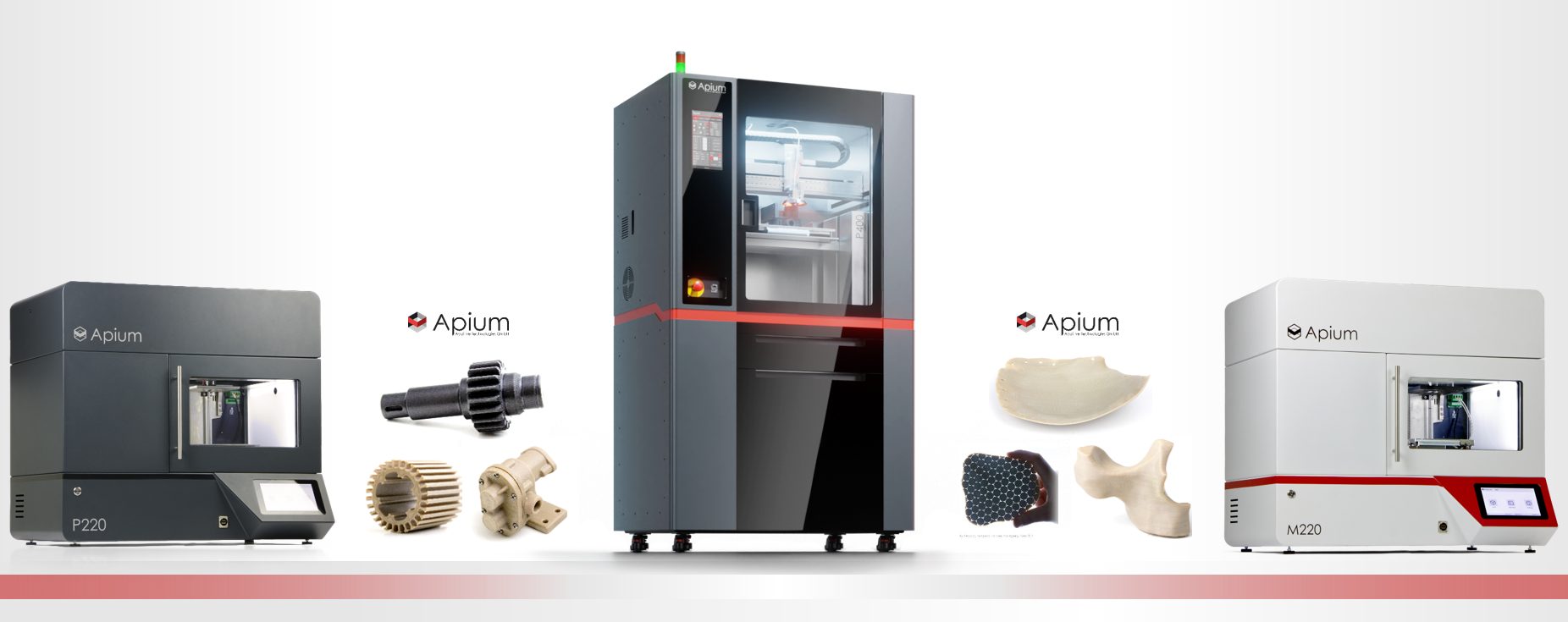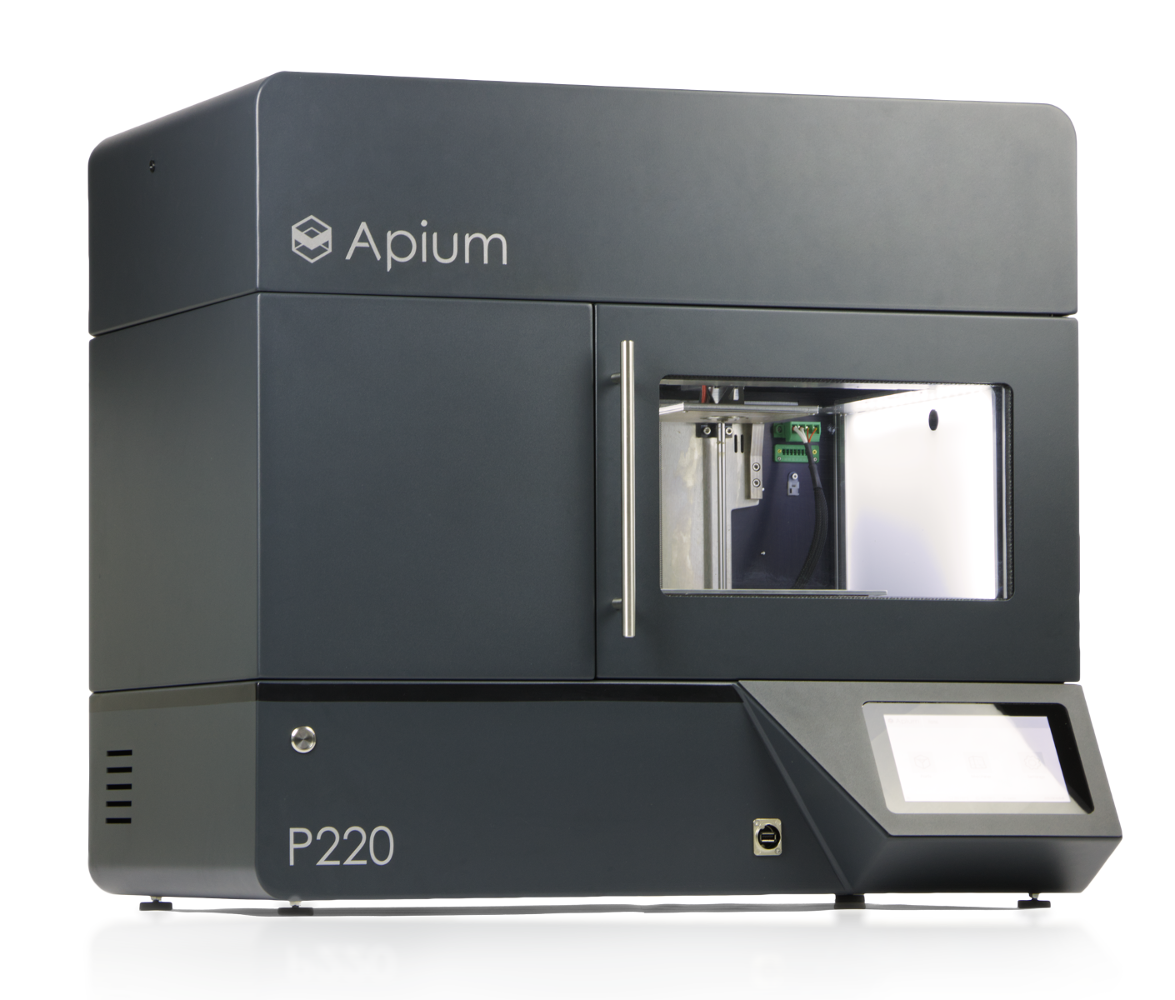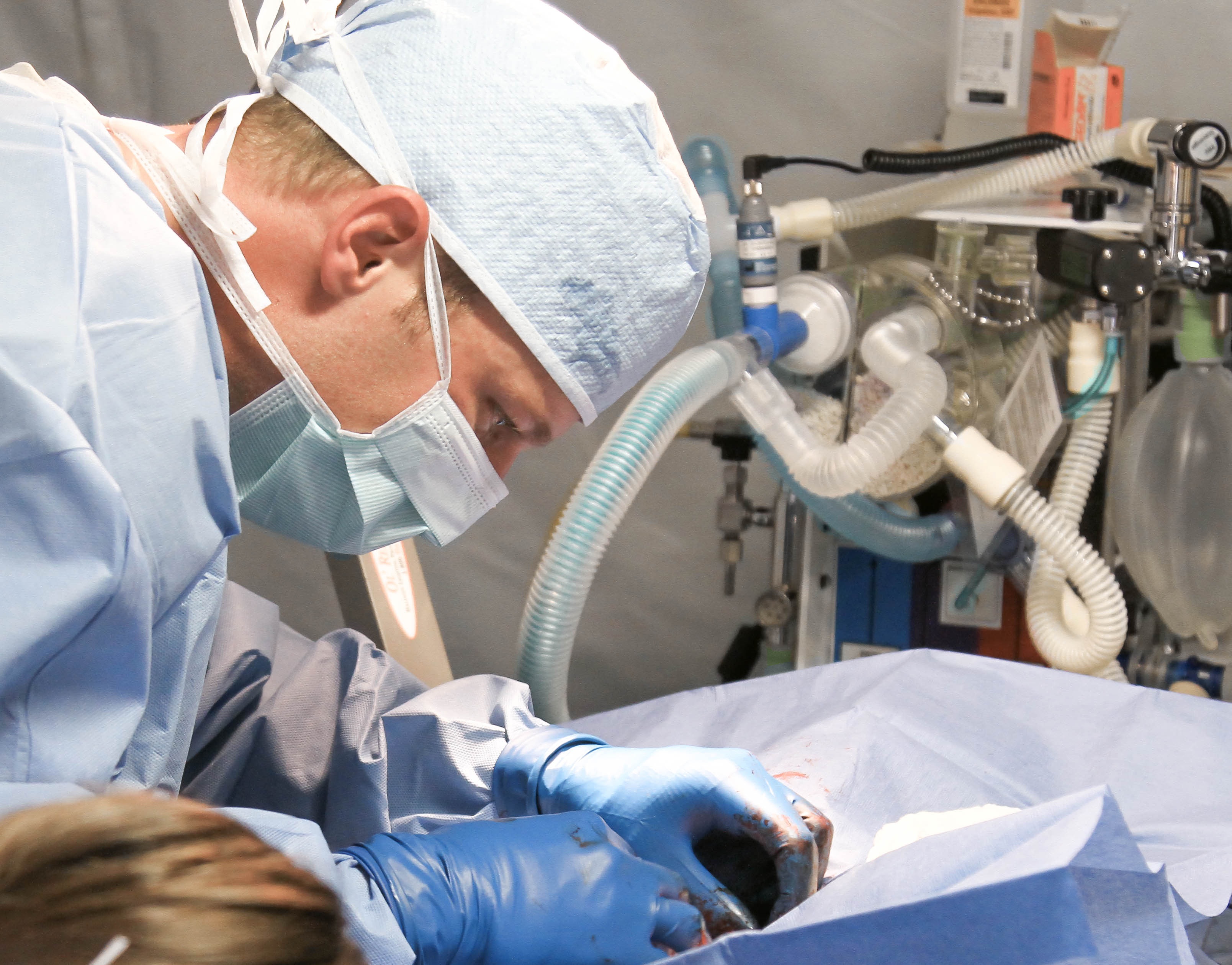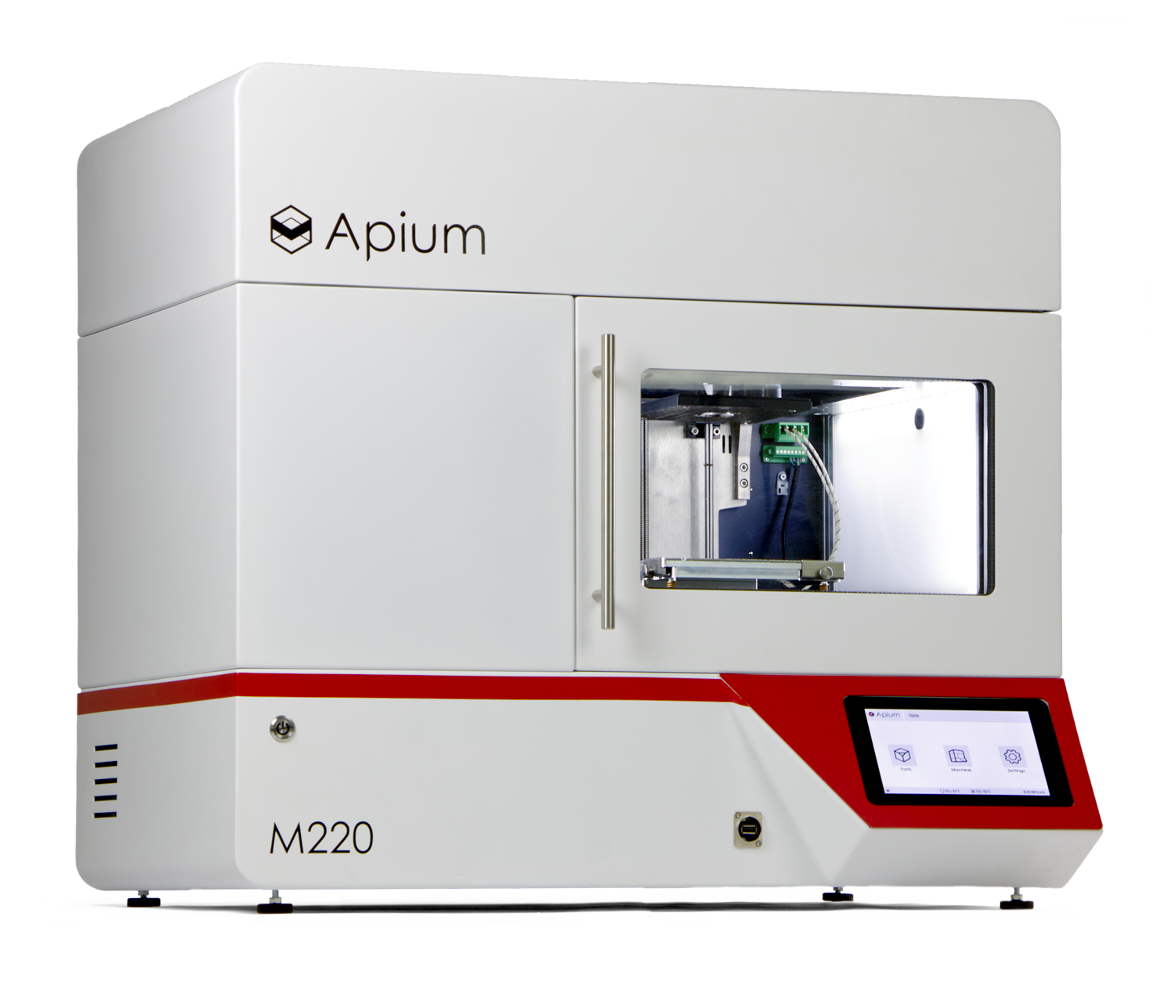Zone heater presence and adjusting printing parameters with Apium P220.
In a study published by Springer, authors M. Refat, E. Zappino, and A. Pagani have meticulously explored the intricate dynamics between fused filament fabrication (FFF) parameters and their impacts on the mechanical behaviors of 3D-printed PEEK, utilizing the Apium P220 for their experimental investigations. This research delves into how various FFF settings influence the tensile properties and fracture toughness of 3D-printed PEEK, offering new insights into the optimization of printing processes for this high-performance thermoplastic. Through rigorous testing, including tensile examinations of dog bone specimens across different zone heater temperatures and three-point bending tests on single-edge notched beam (SENB) samples under varied printing configurations, the study unveils critical findings. Notably, it demonstrates that higher zone heater temperatures significantly enhance the tensile strength of PEEK prints but at the cost of a reduced elastic modulus.
Additionally, the research highlights how these temperature adjustments can foster a ductile behavior in the material, thereby improving its interlaminar fracture toughness. The utilization of digital image correlation (DIC) techniques to track crack propagation and strain fields in SENB specimens further enriches the study, revealing that on-edge printing patterns might lead to diminished interlaminar toughness due to transverse crack growth. This comprehensive investigation not only advances our understanding of PEEK’s behavior under different FFF parameters but also sets a precedent for future research in additive manufacturing of high-performance materials.
Final Reflections
We extend our deepest gratitude to the authors, M. Refat, E. Zappino, and A. Pagani, for their groundbreaking work and contribution to advancing the field of additive manufacturing through their detailed exploration of the Apium P220 and P400’s capabilities. Their diligent research offers invaluable insights into the optimization of 3D printing parameters for enhancing the mechanical properties of PEEK. For those intrigued by the intricacies of this study and eager to delve into the comprehensive findings, we invite you to access the full article available on Springer. Discover the advancements in 3D printing technology by clicking the button below.
Next Generation Zone Heater with Apium P400
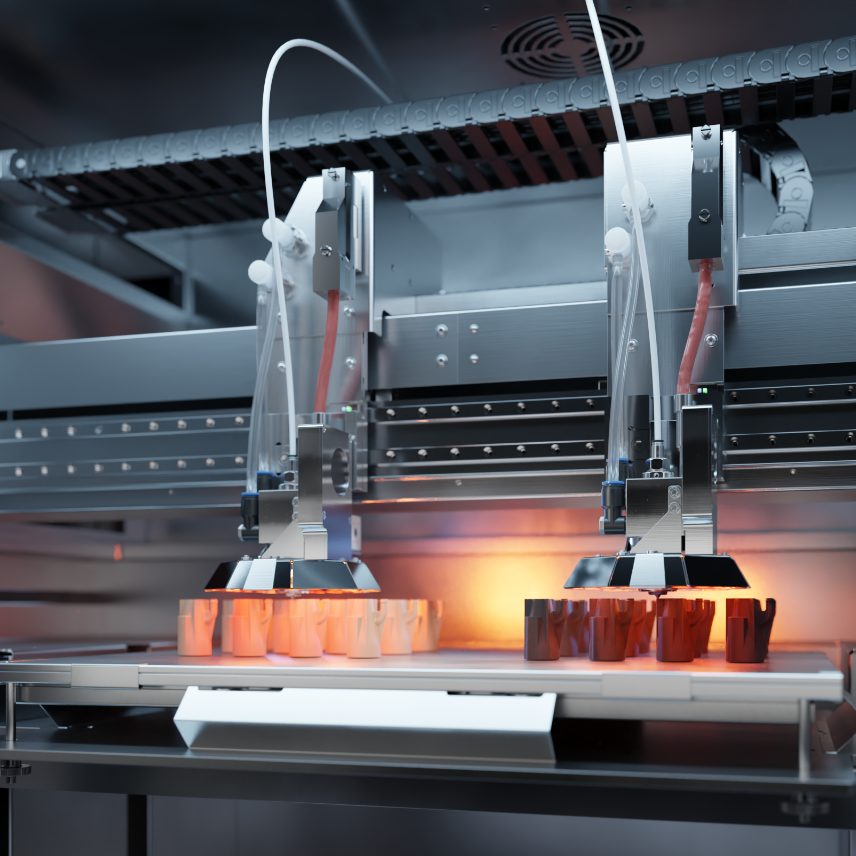
Next Generation Zone Heater
In a significant advancement from the previous generation, the Apium P400 emerges as a state-of-the-art 3D printer equipped with a new generation zone heater, superseding the Apium P220’s older heater technology. This evolution marks a pivotal moment in the realm of additive manufacturing, especially in the processing of high-performance thermoplastics like poly-ether-ether-ketone (PEEK).
The introduction of the P400’s advanced heating technology has led to a comprehensive study, investigating the interplay between this sophisticated zone heating mechanism and various printing parameters. This research aims to uncover the extent to which these innovations can further enhance the mechanical strength and fracture toughness of 3D-printed PEEK objects.
Preliminary findings suggest that the new generation heater in the Apium P400 significantly optimizes the thermal management during the printing process. This improvement not only facilitates a more uniform material deposition but also promotes enhanced interlayer adhesion, critical factors that contribute to the overall strength and durability of the printed parts.
Moreover, the enhanced control over printing conditions provided by the P400 allows for a more precise manipulation of the material properties. This precision enables the production of PEEK components with tailored mechanical behaviors, suitable for a wide range of applications in demanding industries such as aerospace, medical, and automotive sectors.
This investigation into the Apium P400’s capabilities represents a leap forward in our understanding of how next-generation heating technologies can redefine the limits of additive manufacturing, offering insights into achieving unparalleled material strength and reliability in printed objects.
Interested in 3D Printing High Performance Polymers?
